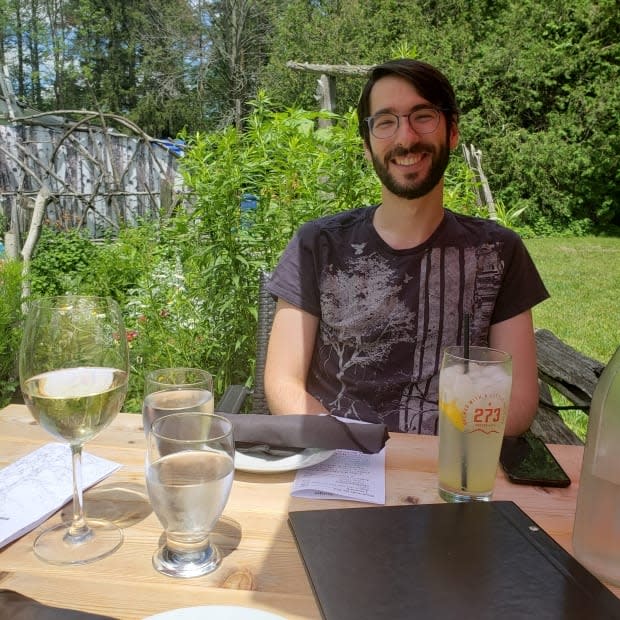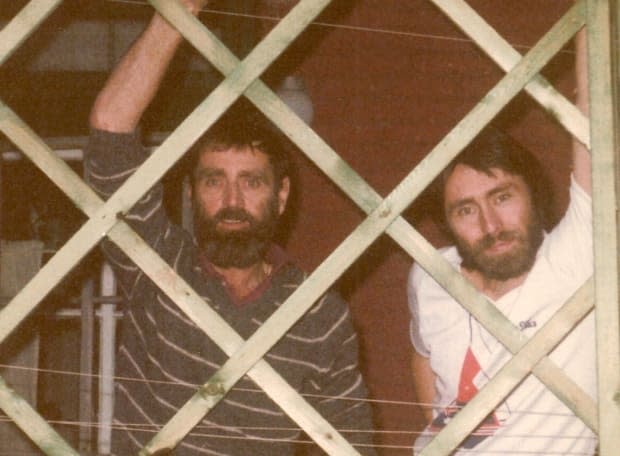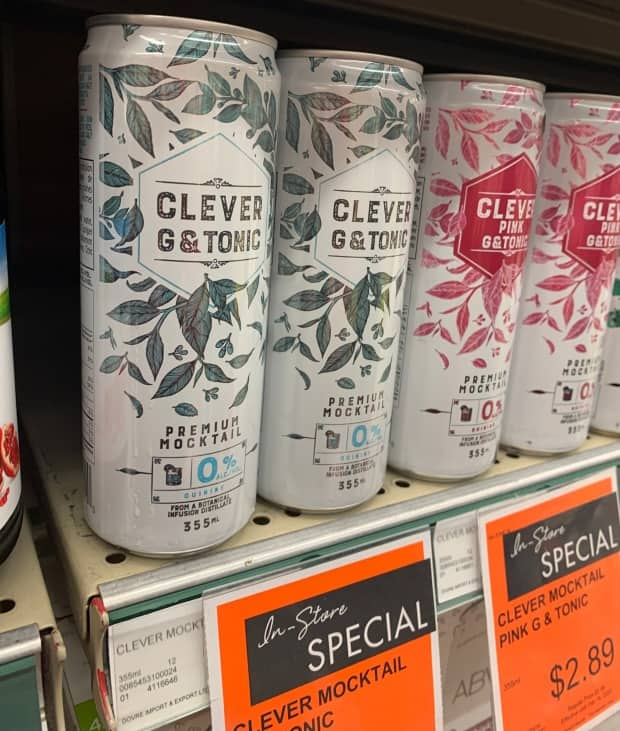These Canadians passed on alcohol long before going 'dry' became trendy

Willow Yamauchi quit drinking about 17 years ago. She said booze made her feel unhealthy and she has never stopped thinking about an alcoholic uncle who died at 37.
Yamauchi, 50, drank as a teen and more recently raised a toast at her daughter's wedding, for luck. But the Vancouver woman says since 2005, she's never ingested more than a "centimetre" of alcohol.
People question her choice and assume she has allergies or an addiction.
"Alcohol is expensive and it has a lot of calories and it makes you feel crappy. So for me, it was a great decision to kind of get rid of it," said Yamauchi, who would rather reserve her calorie intake for chocolate.
"Alcohol may be a preservative, but not for the face."
Many Canadians are reassessing their alcohol consumption in the wake of soaring alcohol-related deaths during the COVID-19 pandemic, as well as new safe-drinking guidelines released in January that caused a stir.
The Canadian Centre on Substance Use and Addiction (CCSA) says that no amount of alcohol is entirely safe and recommends no more than two drinks a week for men and women.
That's helping drive an interest in dry events and alcohol-free drinks. There are even groups that organize dry activities, from paint nights to picnics, like Sober Babes in Vancouver and Sober City in Halifax.
Non-drinkers before the trend
But some people skipped booze long before online support communities and mocktails.
People abstain for a range of reasons, from addiction fears to taste preferences.

Kevin Hamilton's Christian grandparents saw imbibing as a vice, and he says drinking never seemed enticing to him after growing up in a mostly alcohol-free household in Newmarket, Ont.
"It's never held an appeal to impair your own judgment and mental state," said Hamilton, 33, a Toronto writer.
He says his abstinence made some social situations awkward — he was once offered a kid's juice box at a winery — but he says most people are understanding and respectful.
Montreal filmmaker Guy Rex Rodgers, 68, says his first drink at 15 was "magical." But by 28, he saw that drinking had turned him "nasty" like his father, whose boozing ended his parents' marriage.
So when Rodgers's father, Murray — a drinker for 45 years — suggested in 1983 that they both quit, he agreed. Rodgers has stuck to that deal for four decades, with no regrets.

"You lose a lot of friends," said Rodgers, whose drinking buddies moved on from him. "I never saw a downside to quitting. I was just so happy to get away."
Social pressure to imbibe
The role of alcohol at many social gatherings is obvious to people who take a pass on drinking. It's in those situations that they face questions about why they don't partake.
"It's just that initial testy conversation," said Hamilton. He adds that drinkers often become prickly, until he demonstrates he is not judging them for ingesting alcohol.
Hamilton says there were a few rough moments when he was 19 or 20. He recalls his "saddest" birthday when he returned home from university and planned to celebrate with friends. He was thinking "cream sodas and board games," but ended up at a dingy pool hall to appease his pals, who considered a dry birthday boring.
Since then, he's had many a "fabulous time" enjoying ginger ale and mozzarella sticks at a bar. He only feels left out when other drinkers compare tasting notes of their favourite wines or beers.
"People can kind of nerd out about their favourite wine or their favourite whisky," he said.

Growing alcohol-free options
For decades, teetotallers had little choice in restaurants.
"That tiny little section at the bottom right, above the kids' menu, where it says 'non-alcoholic beverages,'" said Hamilton. "My options are, you know, a few different types of popular soda and maybe some chocolate milk. If you're lucky."
But he sees that shifting.
Hamilton hoards a basement stash of China Apple, a soda from Singapore, and is always on the lookout for new drinks when he travels. He sees a real profit opportunity for restaurants and bars that offer more exotic non-alcoholic choices.
Yamauchi says "cranberry and soda" used to be as imaginative as it got at parties and in restaurants, but she is now able to enjoy drinks such as yogurt-based kefir or kombucha, a fermented drink made from tea, sugar, bacteria and yeast.
"I've been in the desert for 17 years and suddenly … I'm in this oasis of mocktails," Yamauchi said. "It's a good time to be a teetotaller."

Hamilton acknowledges that by not drinking, he has saved money and skipped hangovers, but he wonders sometimes what else he's missed.
"If I go to my grave never having tried alcohol … I'll never know what type of drunk I am. Am I a happy drunk? A sad drunk? I'm curious, but I guess not that curious."


